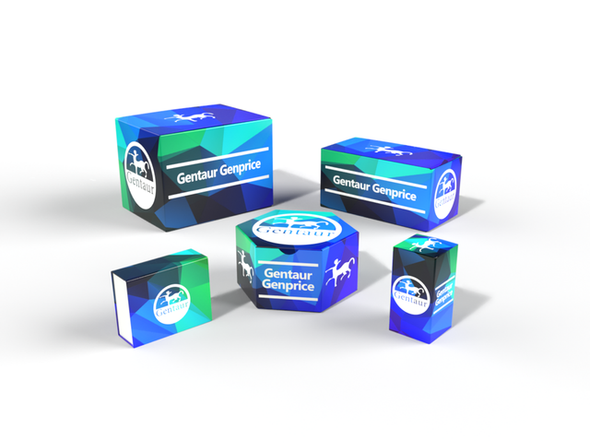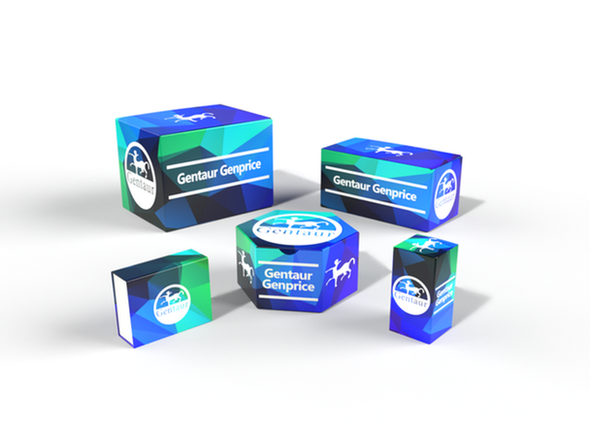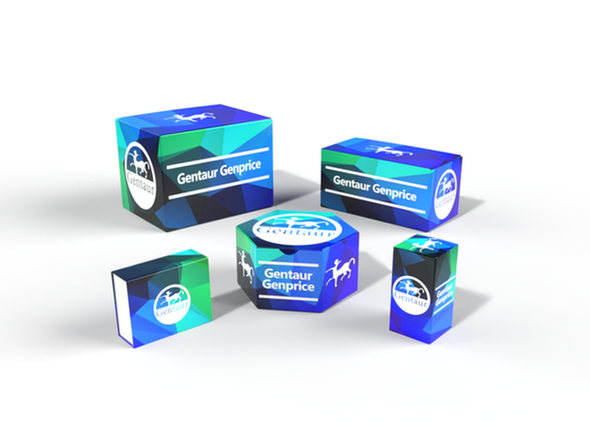Description
IGF1 Receptor Antibody | 63-097 | Gentaur UK, US & Europe Distribution
Host: Rabbit
Reactivity: Human
Homology: Predicted species reactivity based on immunogen sequence: Mouse, Rat
Immunogen: This IGF1 Receptor (IGF1R) antibody is generated from rabbits immunized with a KLH conjugated synthetic peptide between 19-51 amino acids from the N-terminal region of human IGF1 Receptor (IGF1R) .
Research Area: Cancer, Cell Cycle, Neuroscience, Signal Transduction
Tested Application: WB, IHC-P
Application: For WB starting dilution is: 1:2000
For IHC-P starting dilution is: 1:50~100
Specificiy: N/A
Positive Control 1: N/A
Positive Control 2: N/A
Positive Control 3: N/A
Positive Control 4: N/A
Positive Control 5: N/A
Positive Control 6: N/A
Molecular Weight: 155 kDa
Validation: N/A
Isoform: N/A
Purification: This antibody is prepared by Saturated Ammonium Sulfate (SAS) precipitation followed by dialysis
Clonality: Polyclonal
Clone: N/A
Isotype: Rabbit Ig
Conjugate: Unconjugated
Physical State: Liquid
Buffer: Supplied in PBS with 0.09% (W/V) sodium azide.
Concentration: batch dependent
Storage Condition: Store at 4˚C for three months and -20˚C, stable for up to one year. As with all antibodies care should be taken to avoid repeated freeze thaw cycles. Antibodies should not be exposed to prolonged high temperatures.
Alternate Name: Insulin-like growth factor 1 receptor, Insulin-like growth factor I receptor, IGF-I receptor, CD221, Insulin-like growth factor 1 receptor alpha chain, Insulin-like growth factor 1 receptor beta chain, IGF1R
User Note: Optimal dilutions for each application to be determined by the researcher.
BACKGROUND: The IGF1R receptor binds insulin-like growth factor with a high affinity and plays a critical role in transformation events. Cleavage of the precursor generates alpha and beta subunits. It is highly overexpressed in most malignant tissues where it functions as an anti-apoptotic agent by enhancing cell survival. The protein possess tyrosine kinase activity.










